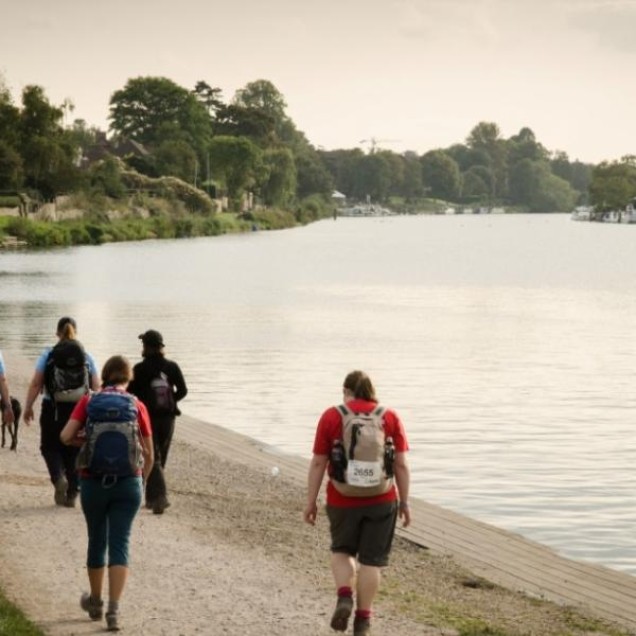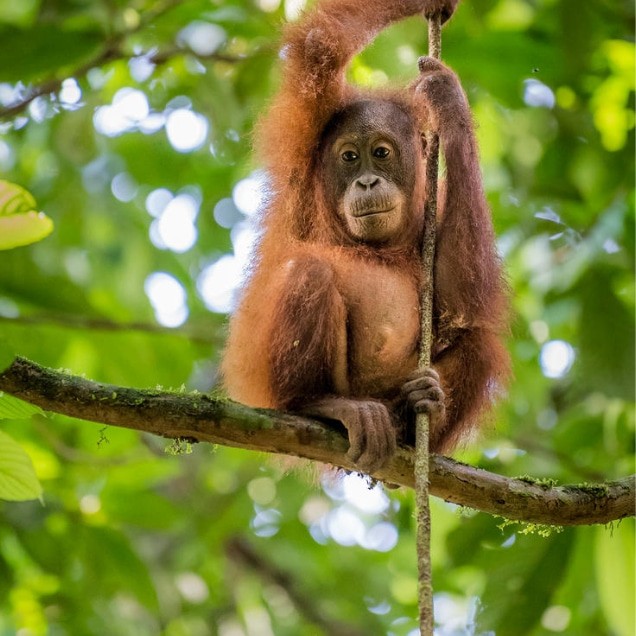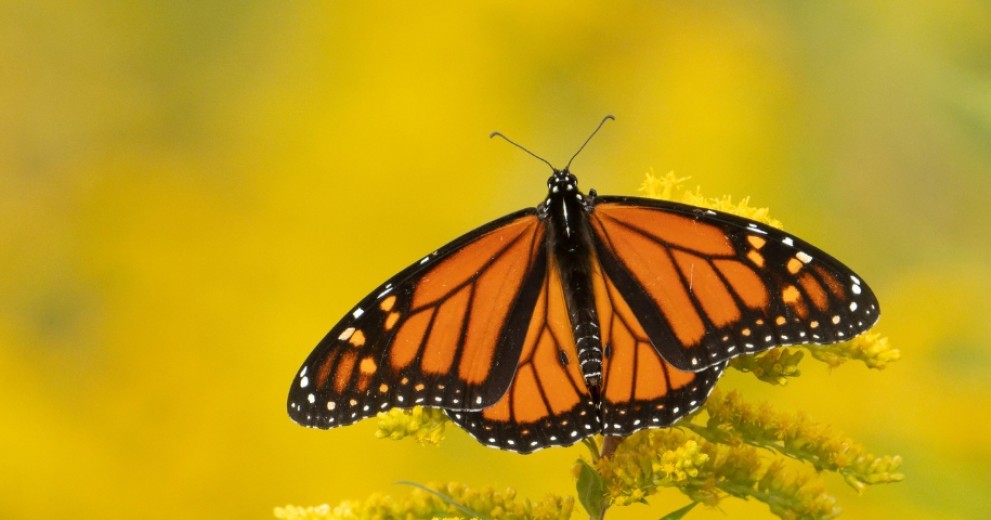Join the challenges this august
South West Coast 50 Challenge
Hike, jog, or run along the beautiful South West Coastal Path on 2nd August and fundraise for WWF at the same time! Plus receive a free WWF t-shirt for your fundraising efforts.

London Summer Walk
On the 23rd of August, get your walking shoes on and explore some of the Capital’s less known historic areas with a tour of the ‘gateway to London’ along the Thames’s eastern section.

Learn about elephants for World Elephant Day 2025
Elephants face habitat loss, poaching and human-elephant conflict. WWF works to help preserve habitats and fight against poaching. Adopting an elephant for World Elephant Day (August 12th) can help support elephants as well as our wider work to help bring our world back to life.
Top facts about Elephants
How long can elephants live?
Did you know that elephants can live as long as some humans? Wild elephants can live for up to 60-70 years, but the threats they face can greatly reduce this. Around 55 African Elephants are killed a day for their ivory tusks, and are in need of protection.
For how long are elephants pregnant?
On average, African elephants are pregnant for 22 months.
How many elephants are left in the world?
There are around 415,000 African elephants and fewer than 50,000 Asian elephants left in the wild. Elephants are listed as endangered species on the IUCN Red List.
If you want to go a step further, WWF needs support in safeguarding the natural world for elephants to safely enjoy – consider adopting an elephant this August.
Swing into action to help orangutans on World Orangutan Day 2025
Support one of our favourite apes and their treetop homes this month on World Orangutan Day (August 19th).
Why are orangutans endangered?
- Habitat loss: conversion of forests to palm oil plantations is the biggest cause of habitat loss for orangutans.
- Illegal wildlife trade: orangutans up to the age of seven are sought after for the illegal pet trade.
- Human orangutan conflict: On average 2,200 Bornean orangutans are thought to be killed each year due to hunting, conflict in agricultural areas and the illegal pet trade.
- Climate change: orangutan's main food source, rainforest fruit, is at risk of increased rainfall which interferes with the reproduction of the plants and decreases fruit production.

With your help, WWF can work to fight the effects of climate change, and ease the relations between humans and orangutans. You can be part of the solution for these gentle giants by adopting an orangutan or donating to protect our natural world today.
